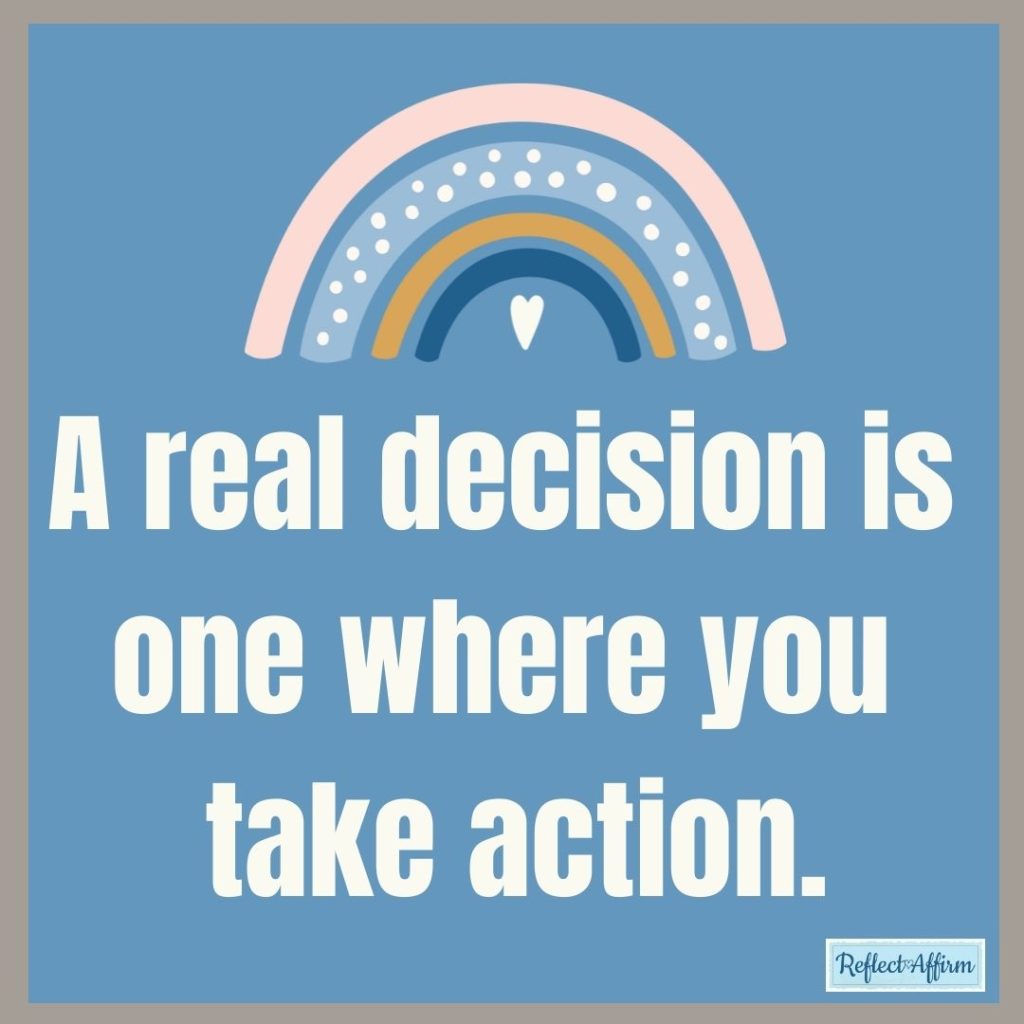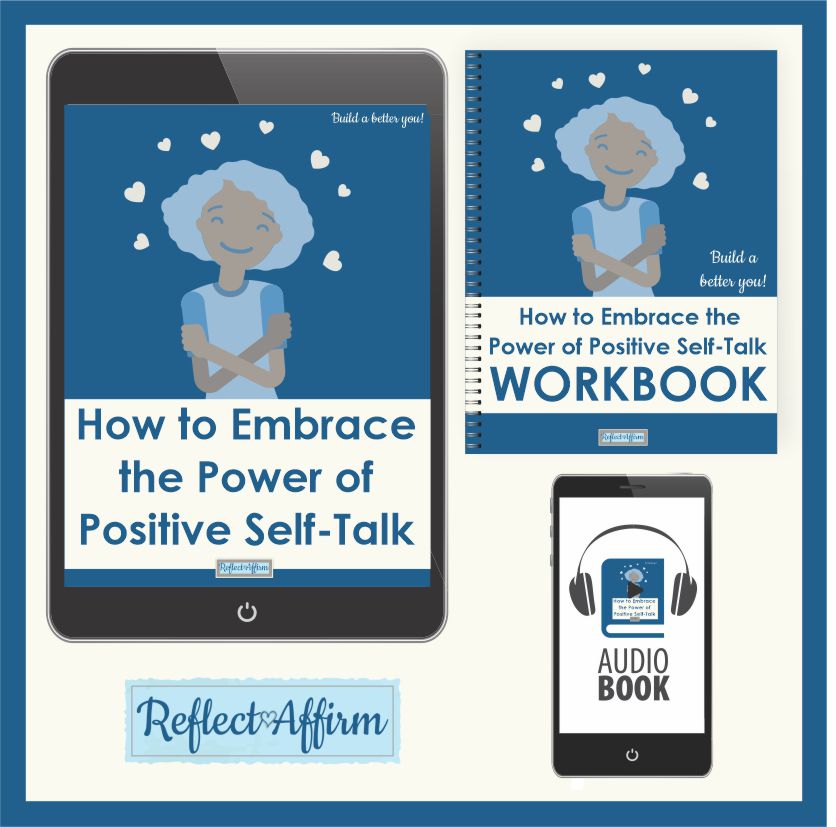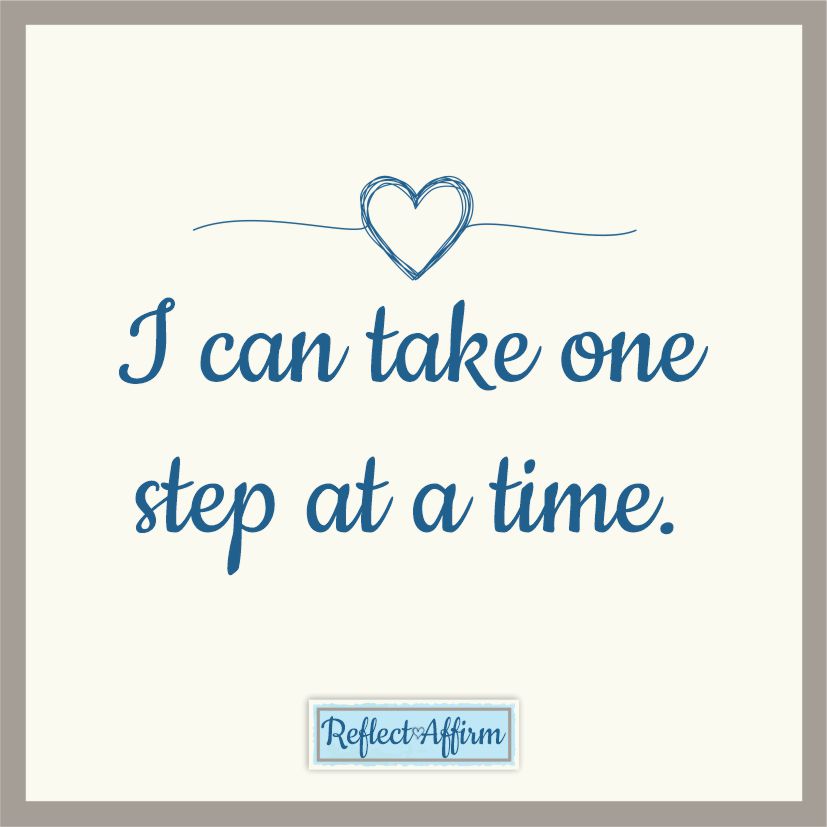
Making decisions can be difficult and being indecisive over even the smallest things in life can slow you down and prevent you from living your best life. Try learning how to stop being indecisive at work and at home.
The inability to make simple decisions can be very frustrating but thankfully.
Being decisive is a skill that you can learn and can practice until eventually, indecisiveness will no longer be an issue.
In this article, we will look at some ways to hone your decision-making skills and help combat indecisiveness.

Why Is Making Decisions So Hard?
Before we look at how to become more decisive, let’s look at why making decisions is so difficult in the first place.
By understanding this, we can better understand how not to fall into the traps of indecisiveness.
One of the primary reasons why people are indecisive is because of their fear of making the wrong decision.
Fear of failure is a very common fear and can often hold us back from making a decision.
Some people may even fear success too, and will purposely sabotage themselves to avoid the consequences of making the right choice.
There are also fears related to how we are perceived by other people and this can affect decision-making that involves other people, too
If you haven’t been faced with making many decisions in your life, being asked to make one can be uncomfortable due to its unfamiliarity.
How To Stop Being Indecisive
Now, let’s look at some steps you can take to become more decisive.
Some of these steps may not apply to every decision you are faced with, but they are worth keeping in mind and applying when necessary.
Face The Fear
As we learned, fear is what often holds us back from making decisions so this is something that needs to be tackled.
Fear is often irrational and makes us scared of situations that either won’t happen or are worst-case scenarios and unlikely to happen.
By rationalizing our fears, we can often overcome them.
For example, imagine you have been offered a new job but although it offers better career opportunities, the starting salary is less than your current job.
The fear of having less money might hold you back from taking a job that will eventually become better paid.
In this case, you could assess your financial situation and work out how much of a negative impact the starting lower salary would have and how you could cope with it.
Consider the figures you’ve written down instead of the fears telling you the worst.

Audio Affirmations for Achieving Your Goals
Don’t Overthink It
Rationalizing your fears and gathering information is a great help when it comes to making a decision.
But only if you realize that eventually, there will be no more information to find.
There will come a time when you have all of the information you need and you’ve thought every thought you can and this is when indecisiveness can take hold.
Set yourself time limits. Only allow a specific amount of time for research and thinking and when this time is up, make a decision.
You can do this logically by quickly rating options with scores and going with whatever is highest.
Don’t overthink these scores and just go with your first instinct. Trust your research.
Practice
Decision-making is truly a skill that needs to be practiced so one of the best ways to improve it, is to do it.
Not every decision you make needs to be a life-changing one, however, so start small with decisions such as where to eat lunch or what to wear to work.
Get in the habit of making these decisions quickly and categorically, without too much procrastination or pondering.
You can even practice some of the techniques we’ve already discussed with these smaller decisions.
If you need to decide between two restaurants for lunch, research them both and assign scores so you can quickly make your decision at the end.
Practice using time limits and going with your instincts.
Contextualize

Try and look at your decision objectively. Some decisions can feel life-changing when you’re in the middle of making them, but in reality, they aren’t.
Consider if your decision will still be important in ten years’ time, ten months’ time, or even ten days’ time.
Don’t waste time on decisions that aren’t going to matter later in life.
Even if the decision will still be important in ten years’ time, it doesn’t mean that you’re locked into it.
If you take a new job and it doesn’t work out, you can quit and look for a new one.
If you move house and hate your new town, you can move again. It might be difficult and cost money to undo some decisions, but they can still be undone.

How to Embrace Positive Self-Talk
Trust Yourself
Don’t focus on the wrong decisions you’ve made in life and allow them to hold you back.
Everyone will make the wrong choice at some point in their life and don’t allow your strive for perfection to hold you back.
Perfection is an unobtainable mark that nobody can achieve. Instead, try to accept that “good enough” is the best that any of us can hope for.
When making decisions, you can also rely on your strengths to help with your decisions. Are you good at analyzing information?
Do you have a good circle of friends to ask for advice? Are you artistic and respond better to visual displays of information?
Incorporate these into your decision-making and trust yourself instead of focusing on your weaknesses.
Final Thoughts
Decision-making is a skill that doesn’t come naturally to everyone.
If you’re one of those people that often suffer from being indecisive then there are ways you can hone your decision-making skills.
However, be aware that becoming more decisive is a journey, not a destination.
So don’t be too hard on yourself if your progress is slow or you slip up occasionally.
Keep the tips and hints in this article in mind and you will find yourself becoming more decisive as time passes.
DOWNLOAD FREE PRINTABLE AFFIRMATIONS HERE
Want to get free printable positive affirmations? You can access them here – FREE PRINTABLE AFFIRMATION CARDS




